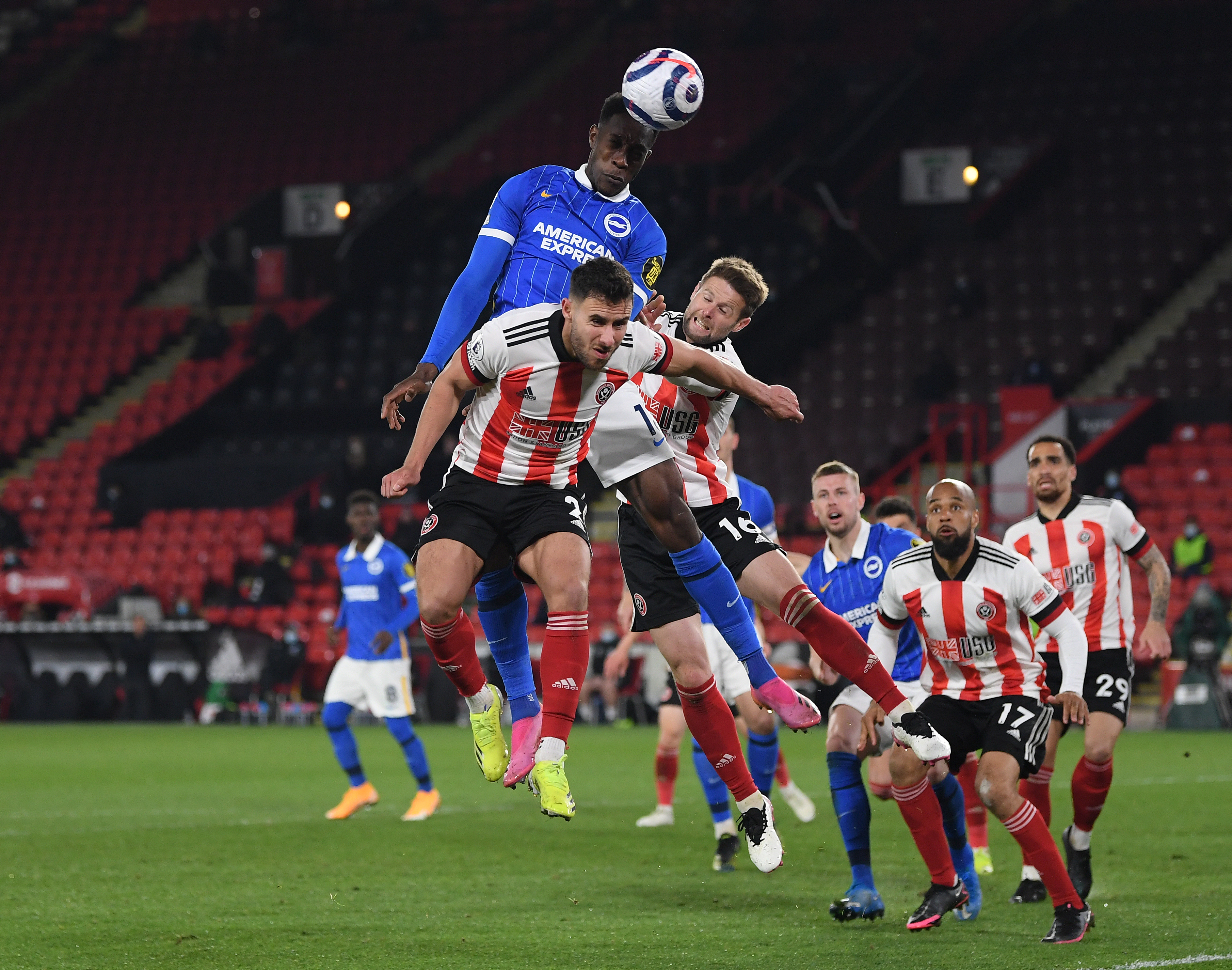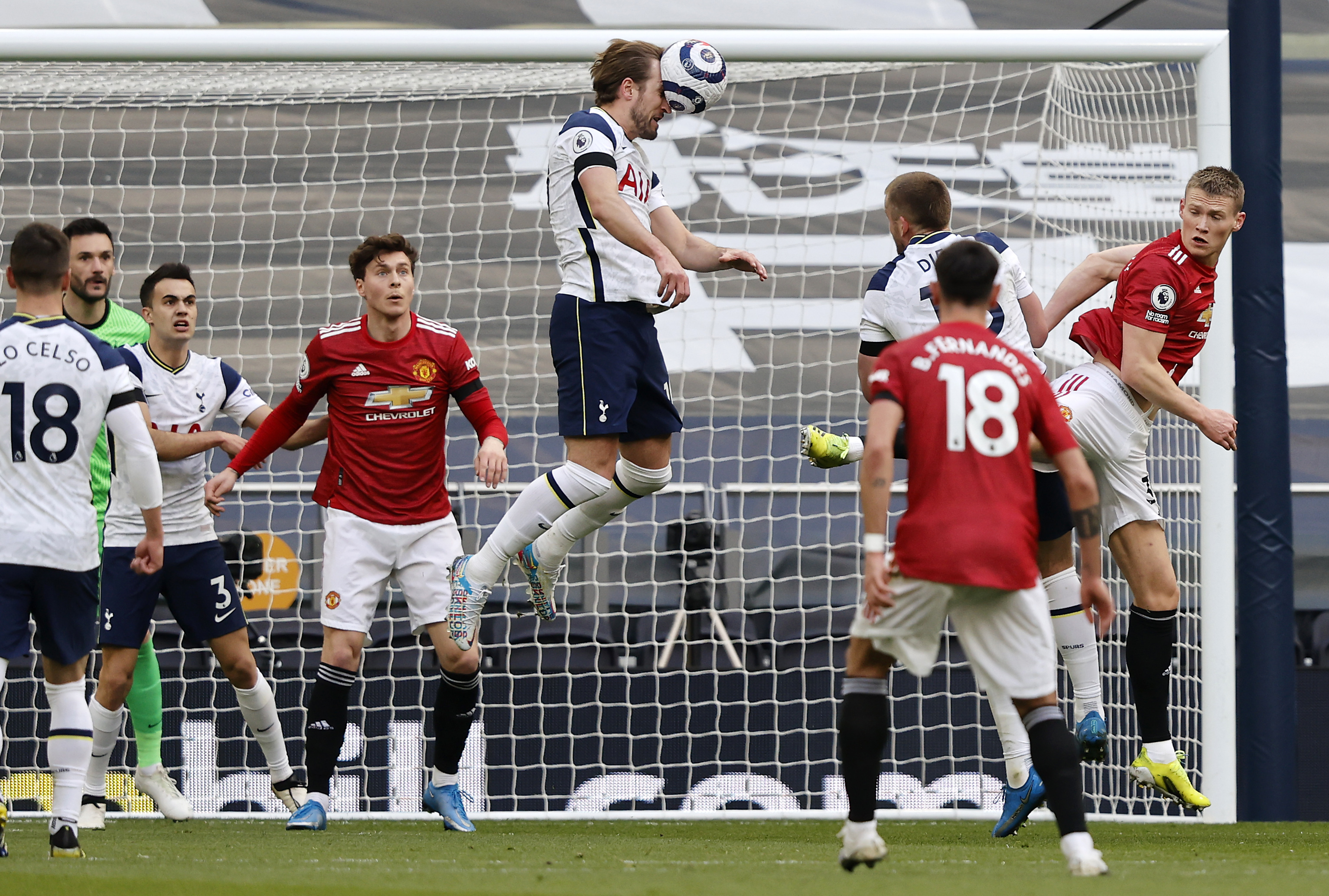Heading guidance to be introduced for all levels of English football next season

Guidance on heading will be introduced into the English game from next season, with all professional, amateur and grassroots clubs involved.
Clubs in the Premier League, EFL, Barclays Women’s Super League, FA Women’s Championship, National League, the Women’s Football Pyramid Tiers 3 and below, all grassroots football and across the England national teams will receive the guidance as the governing bodies try to address the risk of brain injuries.
The advice, agreed by the Football Association, Premier League, EFL, Professional Footballers Association and League Managers Association, will not affect the rules of the game, but will be centred on how heading is performed in training sessions.
Professional clubs will be directed to limit ‘high force’ headers – those following a long pass of more than 35 metres or from crosses, corners and free-kicks – to 10 per training week, while also developing specific player profiles which will help tailor their training needs.
English football will introduce heading guidance across the professional & amateur game from the start of the coming season— Premier League (@premierleague) July 28, 2021
Further guidance will be sent to clubs on coaching practices and an advisory panel will also be set up to explore strength and conditioning techniques for the neck and torso.
The guidance for amateur clubs is for heading practice to be limited to one session per week, no more than 10 headers per session and players should be responsible for their own monitoring of their output.
Guidelines for youth football were announced in February 2020 and remain in place.
Get FourFourTwo Newsletter
The best features, fun and footballing quizzes, straight to your inbox every week.
FA chief executive Mark Bullingham said: “We already have the most comprehensive guidelines in the world for youth football and now we are introducing, in partnership with the other football bodies, the most comprehensive adult football guidelines anywhere.

“Our heading guidance now reaches across all players, at all levels of the game. These measures have been developed following studies with coaches and medics and represent a cautious approach whilst we learn more.
“We are committed to further medical research to gain an understanding of any risks within football, in the meantime this reduces a potential risk factor.”
The governing bodies will deliver expanded research throughout the season as part of a formal review of the guidance in June 2022.
Co-founder of the Jeff Astle Foundation Dawn Astle, whose father’s death was ascribed to industrial disease linked to the repeated heading of a ball, welcomed the announcement.
“Most importantly it starts to protect the footballers of today and their brains,” she said on talkSPORT.
FA to introduce new guidance on heading from the professional game right through to grass roots— Dawn Astle (@DawnAstle9) July 28, 2021
“The industrial injuries panel must accept that dementia in football is an industrial disease.
“Football must put in place a pot of money or a trust fund to look after the players now who are suffering from dementia or neurological diseases. It was their job.
“Our footballers are five times more likely to die of Alzheimer’s, four times more likely to die of motor neurone disease and twice as likely to die of Parkinson’s.”
Football and dementia expert Dr Michael Grey, from the University of East Anglia’s School of Health Sciences, called for gender-specific guidance.
“The recommendations make no distinction based on gender despite growing evidence that women are more susceptible to head injury than men,” he said.
English football will introduce heading guidance across every level of the professional and amateur game from the start of the 2021/22 season.— The FA (@FA) July 28, 2021
“There are biological differences between male and female in both structure and physiology that warrant a more considered approach.
“Furthermore, there has been no change in the guidance for children. This is problematic due to the fact that the brain of a child is at significantly greater risk to brain injury than that of an adult.
“It is time to consider an outright ban on heading the ball for younger children – both in practice and match play.”
Peter McCabe, chief executive of brain injury association Headway, welcomed the decision but questioned its enforcement.
“After years of inaction the FA is finally taking small steps in the right direction,” he said.
“This has led to a recommendation that a maximum of 10 higher-force headers are carried out in any training week
“What would be the consequences for a player who tells his manager in training that he has already exceeded his quota of headers of the week?”
Digital, Culture, Media and Sport Committee chair Julian Knight MP added: “We are pleased football is taking precautionary action following our inquiry on concussion in sport but it is a shame that the science on which this guidance is based seems to be unpublished.
“Without this it is not clear how football arrived at the chosen header limits. Football should base protocols on independent advice from those outside of the game.
“Without that, even decent change is just another example of football marking its own homework.”
